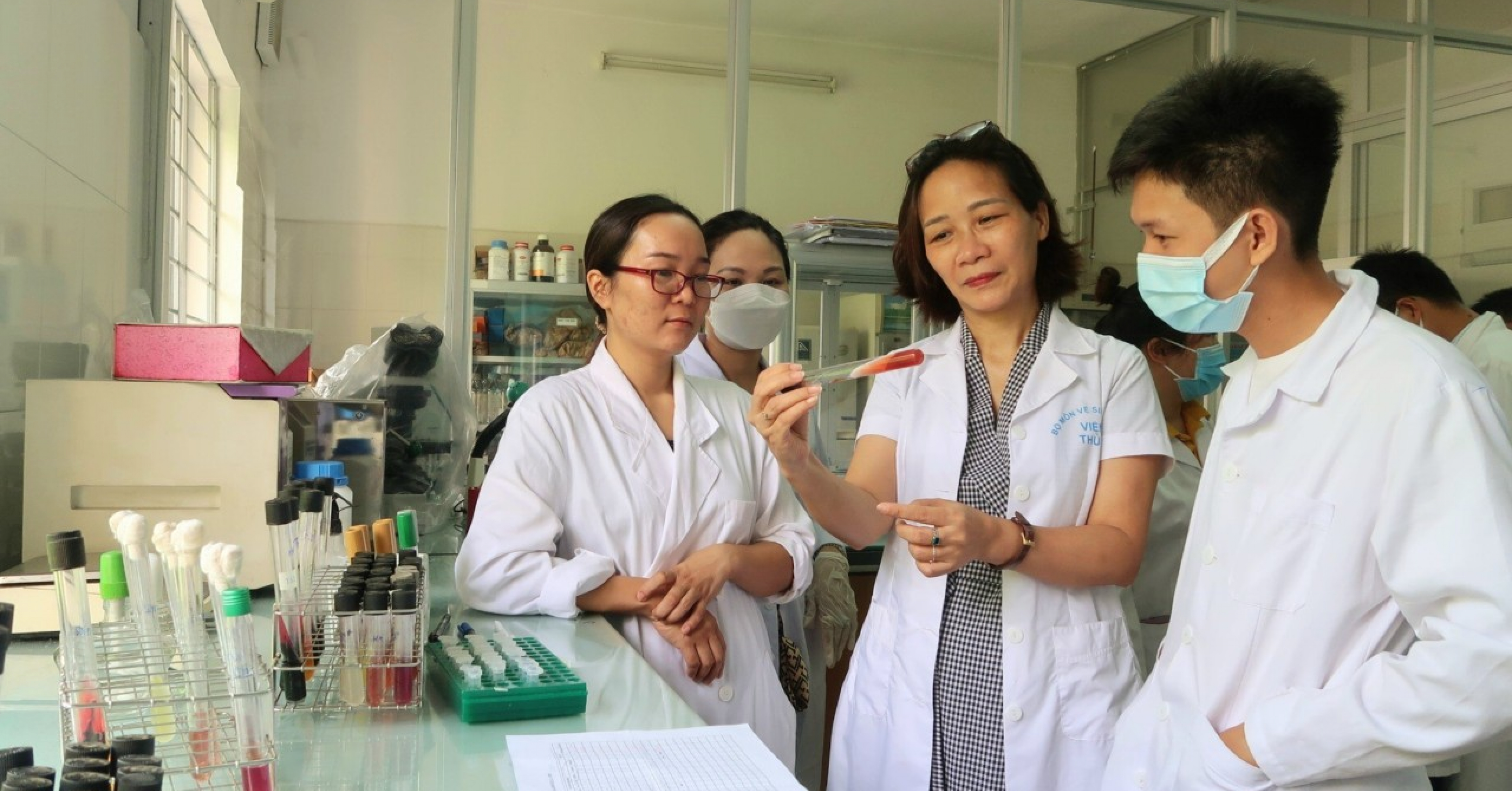You are here
Capacity development is critical in the research-to-impact pathway. Experts on antimicrobial resistance support national and regional capacity development efforts in research on antimicrobial resistance and facilitate access to research facilities for professionals and institutions in low- and middle-income countries.
Key activities
- Support capacity development and increased awareness of antimicrobial resistance in the agricultural and aquacultural sectors.
- Support exchange programs for researchers in low- and middle-income countries and international institutions.
- Provide access to research facilities for researchers from low- and middle-income countries.
- Organize training programs on antimicrobial resistance research and mitigation.
Fleming Fund fellowship scheme
The Fleming Fund is a UK aid program supporting up to 25 countries across Africa and Asia to tackle antimicrobial resistance. The fund is managed by the Department of Health and Social Care and invests in strengthening surveillance systems through a portfolio of country and regional grants, global projects and fellowship schemes.
Funding is allocated to host institutions or universities that have applied to mentor and train fellows in specific disciplines. Host institutions receive a set amount of funding for each fellow they mentor.
Fellows are selected from beneficiary institutions, public institutions or workplaces of prospective candidates. The scheme involves mentorship, specialized training, secondments, networking opportunities, strengthening of beneficiary institution and opportunities for collaborative projects.
Within the CGIAR Antimicrobial Resistance Hub, the following partners serve as host institutions for Fleming fellows:
- Federal Institute for Risk Assessment, Germany
- International Livestock Research Institute
- London School of Hygiene of Tropical Medicine
- University of Liverpool
